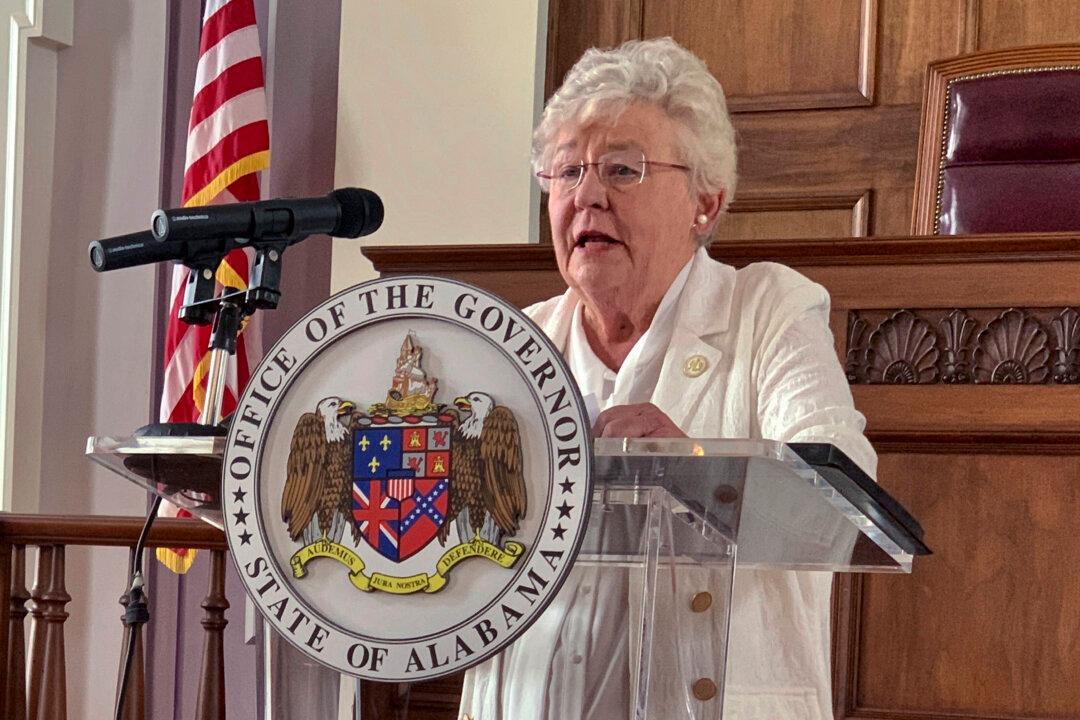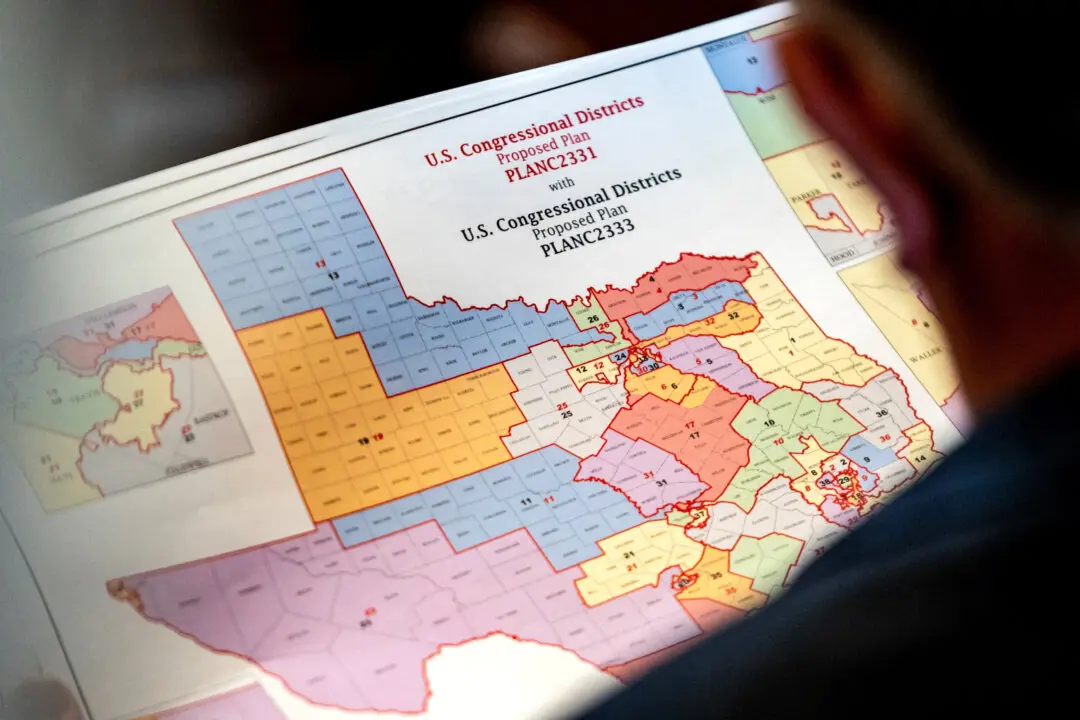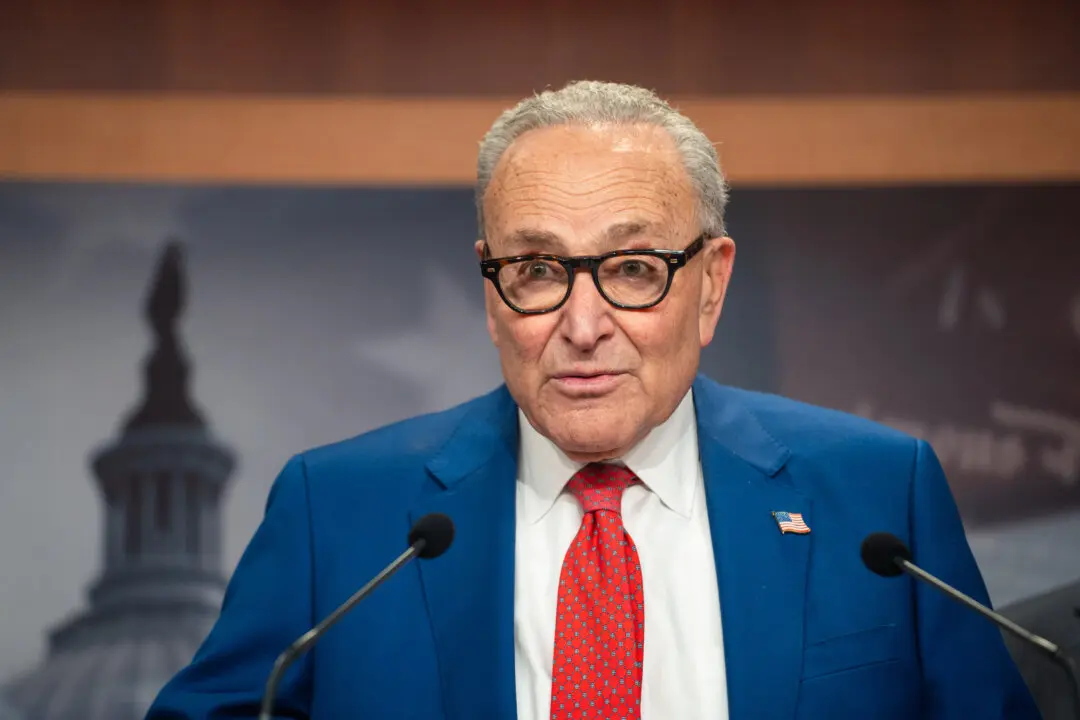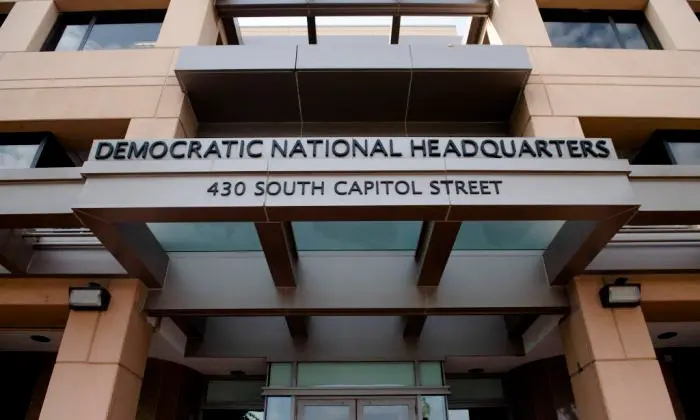In her recent “State of the State” address, Alabama Governor Kay Ivey announced that her top legislative priority is passing the education savings account (ESA) bill as school choice gains more prominence in conservative-led states.
“Passing an education savings account bill that works for families and for Alabama is my number one legislative priority, and I am proud to have our education budget chairmen, Senator Arthur Orr and Representative Danny Garrett, carry the CHOOSE Act,” Ms. Ivey, a Republican, said in her address to the legislature.





